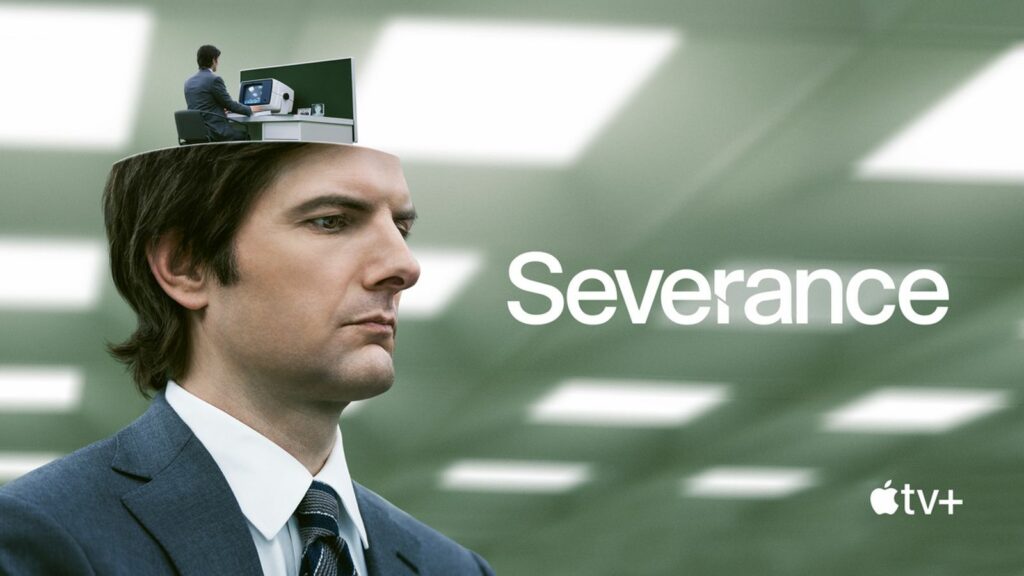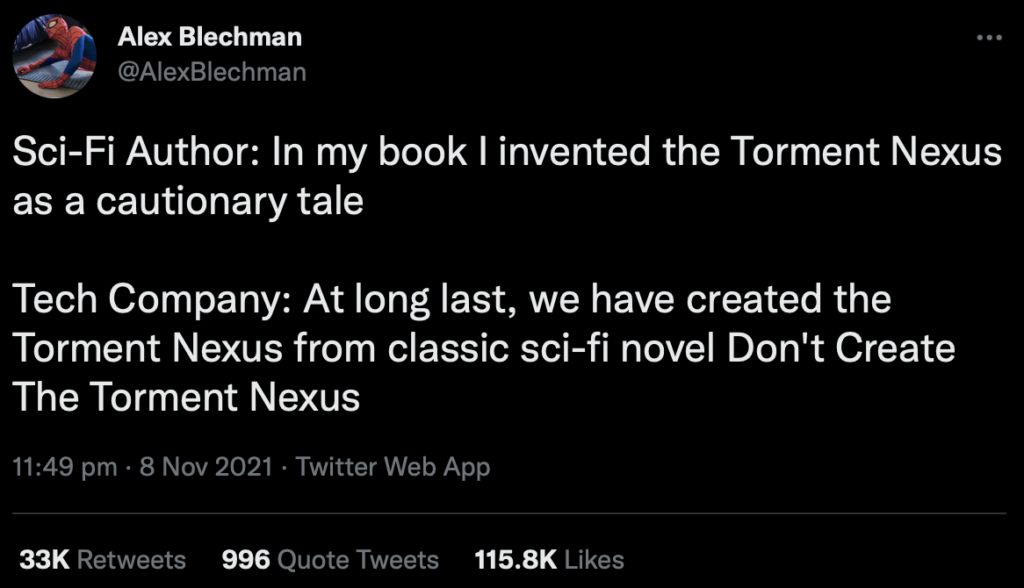Within organizational psychology, there’s a rich literature around the subject of how closely individuals integrate their work and home lives, or keep the two separate. For example, in a study of UK academics, Kinman & Jones (2008) found that on average these workers wanted to have a stronger separation than they had in their actual work situations. Boundary theory (Ashforth, Kreiner, & Fugate, 2000) describes the practices that people adopt to maintain segmentation of the different roles in their lives, and how they deal with crossing over between them.
All of this is very situational, of course. It depends strongly on culture and expectations, and it has been thrown into high contrast in the last couple of years as a result of the Covid pandemic. For workers who found themselves forced to work from home, this increased integration may have come as a blessing or a curse. Even people who couldn’t work from home and had to risk exposure in the course of their job had to accept spillover effects of increased integration, as viruses don’t clock out the end of a work shift.
The TV show Severance takes a radical look at the concept of segmentation. What if the technology existed to completely separate your job and home identities, so that when you step out of the elevator at work you literally have no memory of your personal life; and vice versa, when you clock out at the end of the day, you have no recollection of the last eight hours passing?

I’m just back from a trip to Scotland and I binged the show (9 episodes in season 1) while quarantining myself in our guest room over the last couple of days. It’s a brilliant piece of well-worked-out TV science fiction. By “well-worked-out” I mean that it takes a thoughtful look at second- and third-order effects rather than just dropping a glitzy bag of tricks on the viewer. (Other recent shows like this that come to mind for me are Travellers and Person of Interest.)
In terms of its science-fictional concepts, it made me think of David Brin’s Kiln People, where technology allows you to create a synthetic temporary copy of yourself to perform tasks, and then get shut down while the original you absorbs the memories (or not). Like in Severance, the technology in Kiln People is physical: the “other you” has a presence in the world. If you want to think about this virtually, the (terrifying) short story “Lena” by qntm looks at what becomes possible if you can “spin up” a copy of a human mind in a virtual environment. In all cases, it raises questions of personhood and agency: what rights does the copy have? Severance takes its time here, and weaves a compelling, emotional, and very darkly humorous story out of these elements.

From the perspective of a student of organizational psychology, it’s fascinating on a whole different dimension. The “innies” (the term the show uses for the severed individuals while they’re at work, in the office) experience nothing but work. They spend a day staring at a screen, shut down, step into an elevator – and then from their perspective they immediately step back out of the elevator again to start the next shift. Their body may be rested (assuming their “outie” has been getting good sleep and taking care of themselves), but their mind experiences no downtime, and gets no restoration. Likewise, if the “outie” is dealing with some personal trauma, they get no kind of distraction, companionship, or sense of community from their job, because they literally never experience it. Experientially, their day is just shorter, as they skip straight from morning to evening.
If you’re going through a hard time at work, or if you just don’t enjoy your job, the thought of having a separate copy of yourself to do it for you might sound tempting. “Wouldn’t it be great if I had a less demanding job, so that I could just shut off at the end of the day?” Well, maybe yes, maybe no. If the job were less demanding, would you be dreading boredom instead? Is the problem the demands of the job, or something else? There’s a sweet spot somewhere, but it’ll be different for everyone, and it’ll vary throughout one’s lifetime.
Personally, I’m in a phase right now where I try very hard not to think about my work day as soon as I’m done, and jump through hoops to find a distraction if I find myself casually worrying about my job. This isn’t a very healthy state of affairs. I’m constructing a “work Martin” and isolating him: giving him all the shitty tasks and letting him take on all the emotional burden of the working day. Not entirely sure how to break out of this cycle.
“I’m constructing a “work Martin” and isolating him: giving him all the shitty tasks and letting him take on all the emotional burden of the working day”
Waffle Party for work Martin?